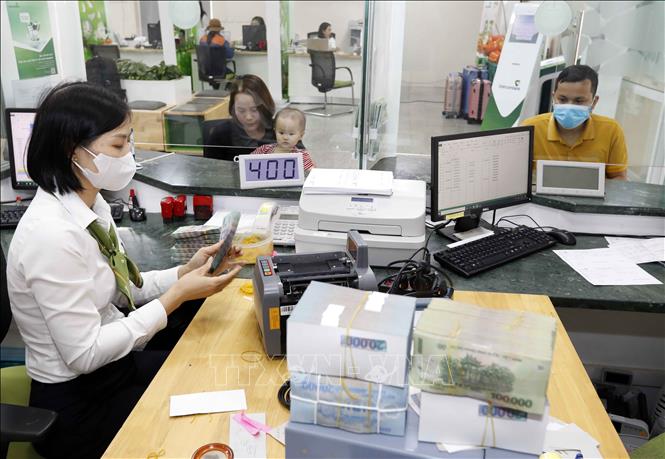
Of these, domestic revenue remains the mainstay and has seen steady growth. Although the fall in crude oil prices has affected revenues from oil and import-export, thanks to the relatively stable recovery of the domestic economy and improved production and business activities, total budget revenue still reached and exceeded estimates.
In the context of the volatile world economy and domestic production facing many challenges, the 2025 budget collection results still show the financial sector's flexible management efforts. With the simultaneous implementation of fiscal policies to support businesses and people and promote development investment spending, the state budget still maintains a relatively stable balance, creating a foundation for macroeconomic stability and growth in the coming period.
Regarding budget expenditure, the whole year is estimated to reach nearly 3.06 million billion VND, an increase of nearly 19% compared to the estimate, in which development investment expenditure is the top priority. According to calculations, the portion of expenditure for development investment in 2025 is estimated to reach more than 1 million billion VND, an increase of about 30% compared to the estimate. Promoting disbursement of public investment capital, focusing on strategic infrastructure projects, energy conversion and digital transformation is considered the main driving force to promote growth. Meanwhile, regular expenditure continues to be tightened and saved to create more room for investment and social security expenditure.
The Government has clearly defined the fiscal policy for 2025 as being closely coordinated with monetary policy to control inflation, ensure national financial security, and support economic recovery. Accordingly, the total number of tax, fee, and charge exemption, reduction, and extension packages is estimated at over VND200 trillion, which will be flexibly implemented to reduce cash flow pressure for businesses and people, especially in the fields of production, export, construction, transportation, and technology. However, the state budget deficit is still controlled at a reasonable level, estimated at about 3.6% of GDP, lower than the estimate allowed by the National Assembly (3.8% of GDP).
According to economic experts, this year's fiscal policy not only plays the role of "supporting" businesses, but also "fueling" public investment - the factor that is pulling the economy up. When public investment is strongly disbursed, it will spread to the private sector, creating a bridge chain of materials, labor, and services, thereby supporting a more sustainable increase in budget revenue.
Economic experts also said that in managing the 2025 budget, the Government has clearly demonstrated the "proactive - flexible - disciplined" mindset. Increasing development investment spending is not only a temporary solution, but also a long-term strategy to restructure the economy in a sustainable direction. More importantly, the financial sector has shifted revenue and expenditure management to a data-based model, reducing manual work, increasing transparency and efficiency.
However, experts also noted that, in addition to positive results, the disbursement of public investment capital has not yet met requirements, reaching only more than 55% of the plan by the end of the third quarter. Some localities still have slow allocation and problems with site clearance and investment procedures. In addition, although budget revenue has increased sharply, it still depends heavily on the large enterprise sector, while the household business sector and small and medium enterprises have not fully recovered.
Minister of Finance Nguyen Van Thang said that in the coming time, the financial sector will continue to implement a proactive, reasonably expanded fiscal policy with a focus and key points, closely coordinating with monetary policy to ensure macroeconomic stability and achieve the double-digit growth target for the 2026-2030 period.
According to the Minister, the financial sector will promote resources from the state budget along with resources from the whole society to effectively implement three strategic breakthroughs, breakthrough resolutions of the Politburo , and at the same time ensure 3% of total annual budget expenditure for science - technology, innovation and digital transformation. This is an important foundation for Vietnam to be among the top 3 countries in Southeast Asia in the digital economy by 2030.
Economic experts say that 2025 will show a more positive and stable picture of the state budget after a period of many fluctuations. Maintaining revenue growth, controlling deficits, promoting public investment, and simultaneously implementing a series of fiscal policies to support people and businesses shows the increasingly flexible and effective management capacity of the financial sector. The challenge in the coming years is not only to maintain fiscal discipline, but also to improve the quality of public spending, ensuring that every penny of the budget really goes into development, spreading value to the economy and people's lives.
Source: https://baotintuc.vn/kinh-te/thu-ngan-sach-nam-2025-du-kien-tang-gan-17-20251028172354770.htm



![[Photo] Hue: Inside the kitchen that donates thousands of meals a day to people in flooded areas](https://vphoto.vietnam.vn/thumb/1200x675/vietnam/resource/IMAGE/2025/10/29/1761738508516_bepcomhue-jpg.webp)

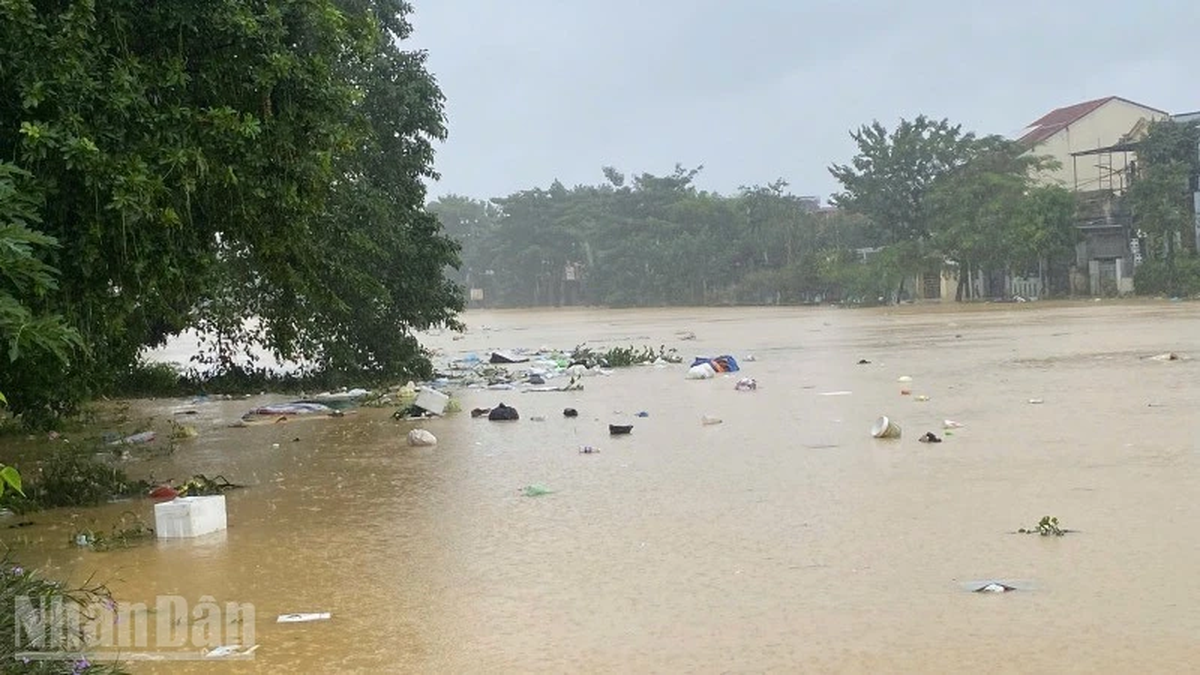
![[Photo] Flooding on the right side of the gate, entrance to Hue Citadel](https://vphoto.vietnam.vn/thumb/1200x675/vietnam/resource/IMAGE/2025/10/28/1761660788143_ndo_br_gen-h-z7165069467254-74c71c36d0cb396744b678cec80552f0-2-jpg.webp)
![[Photo] Prime Minister Pham Minh Chinh chaired a meeting to discuss solutions to overcome the consequences of floods in the central provinces.](https://vphoto.vietnam.vn/thumb/1200x675/vietnam/resource/IMAGE/2025/10/29/1761716305524_dsc-7735-jpg.webp)
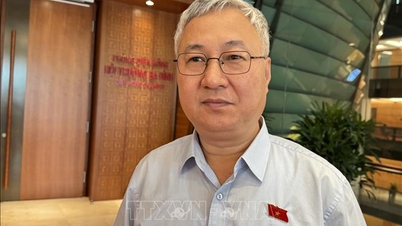
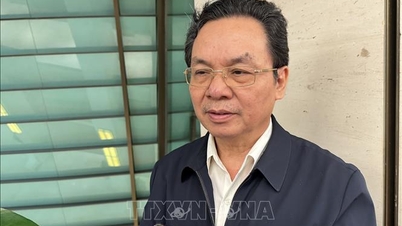
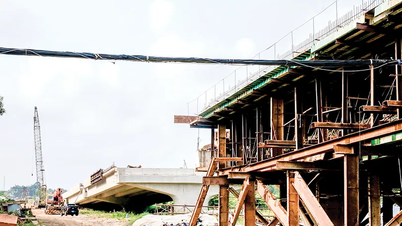

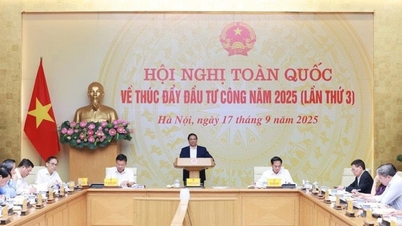



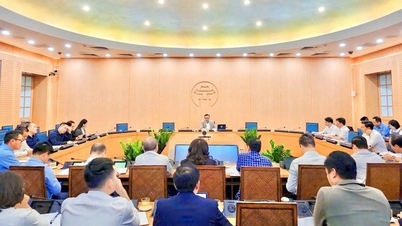


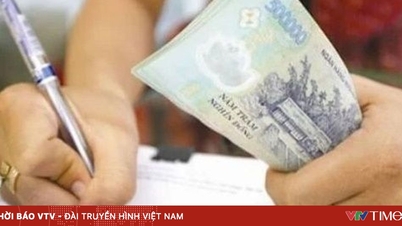










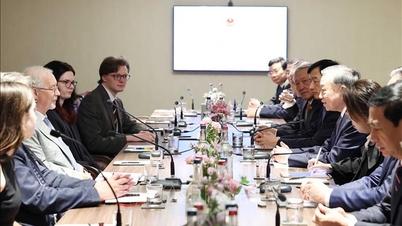

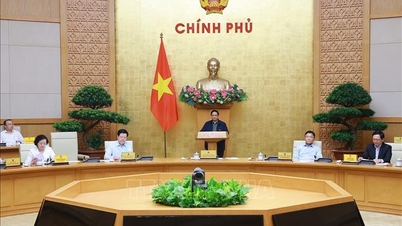
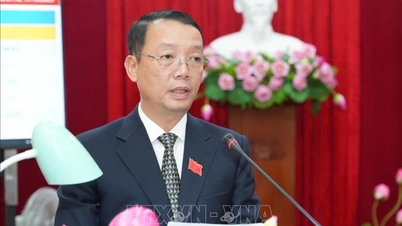
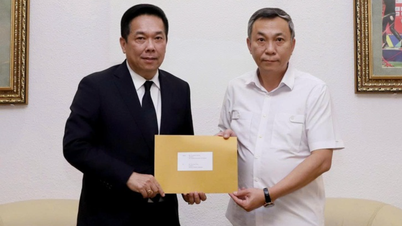



































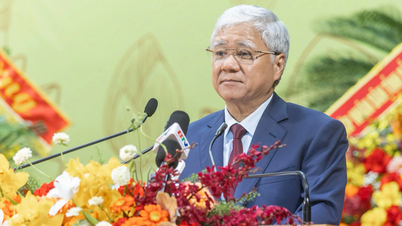
![[Infographic] Vietnam's socio-economic situation in 5 years 2021-2025: Impressive numbers](https://vphoto.vietnam.vn/thumb/402x226/vietnam/resource/IMAGE/2025/10/29/1761730747150_anh-man-hinh-2025-10-29-luc-16-38-55.png)


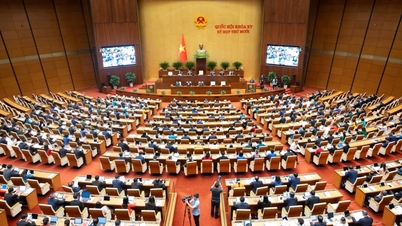
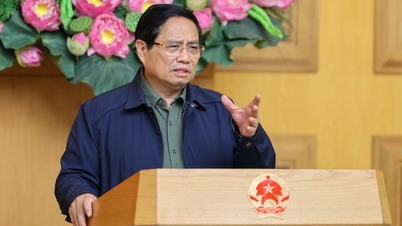
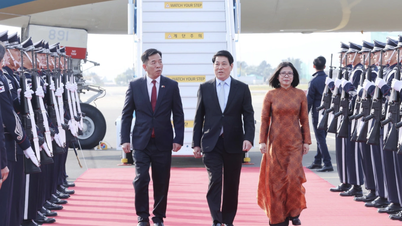

![[Live] Concert Ha Long 2025: "Heritage Spirit - Brightening the Future"](https://vphoto.vietnam.vn/thumb/402x226/vietnam/resource/IMAGE/2025/10/29/1761743605124_g-anh-sang-am-thanh-hoanh-trang-cua-chuong-trinh-mang-den-trai-nghiem-dang-nho-cho-du-khach-22450328-17617424836781829598445-93-0-733-1024-crop-1761742492749383512980.jpeg)




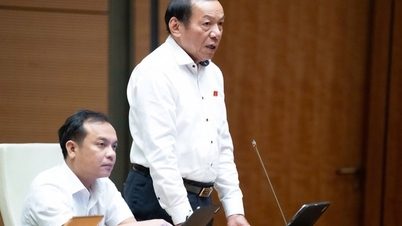
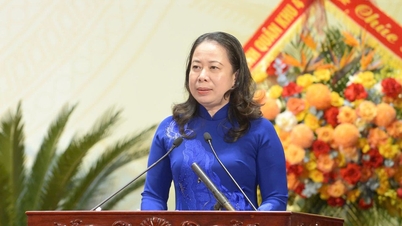

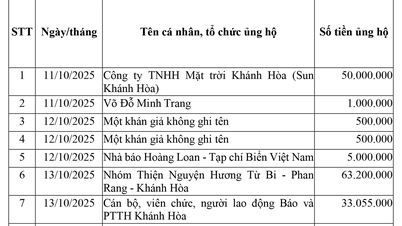

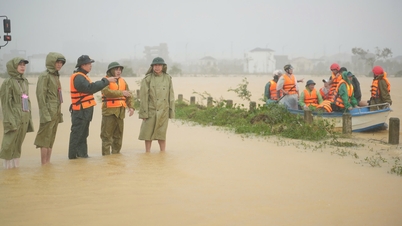

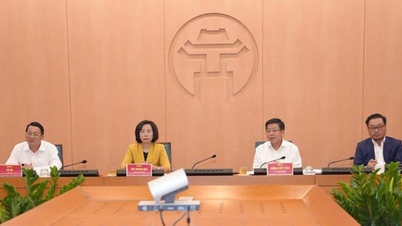


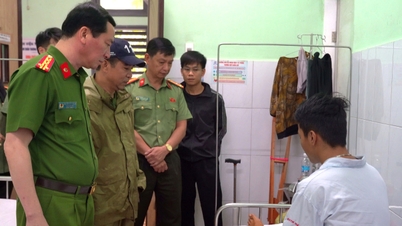
















Comment (0)